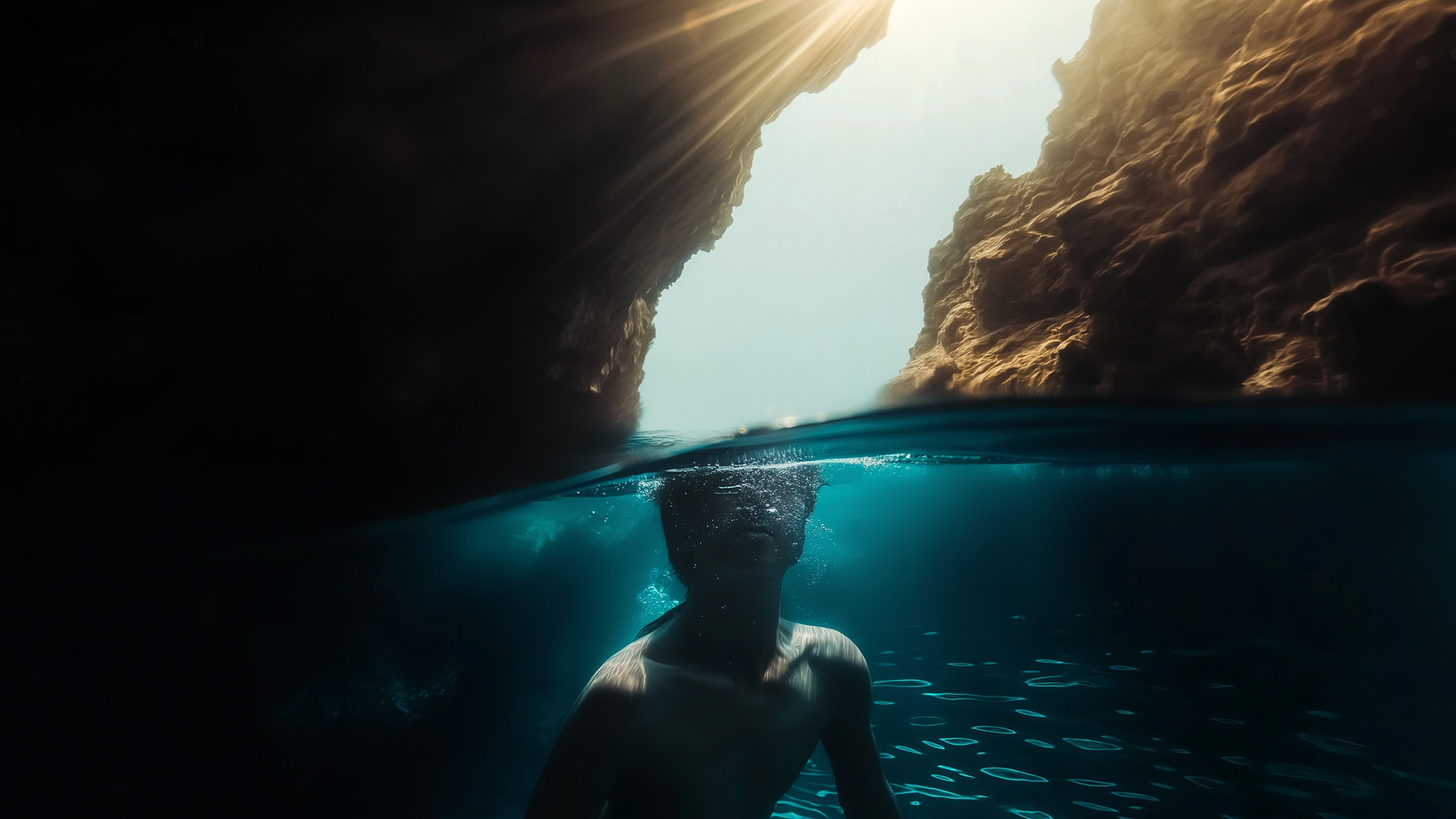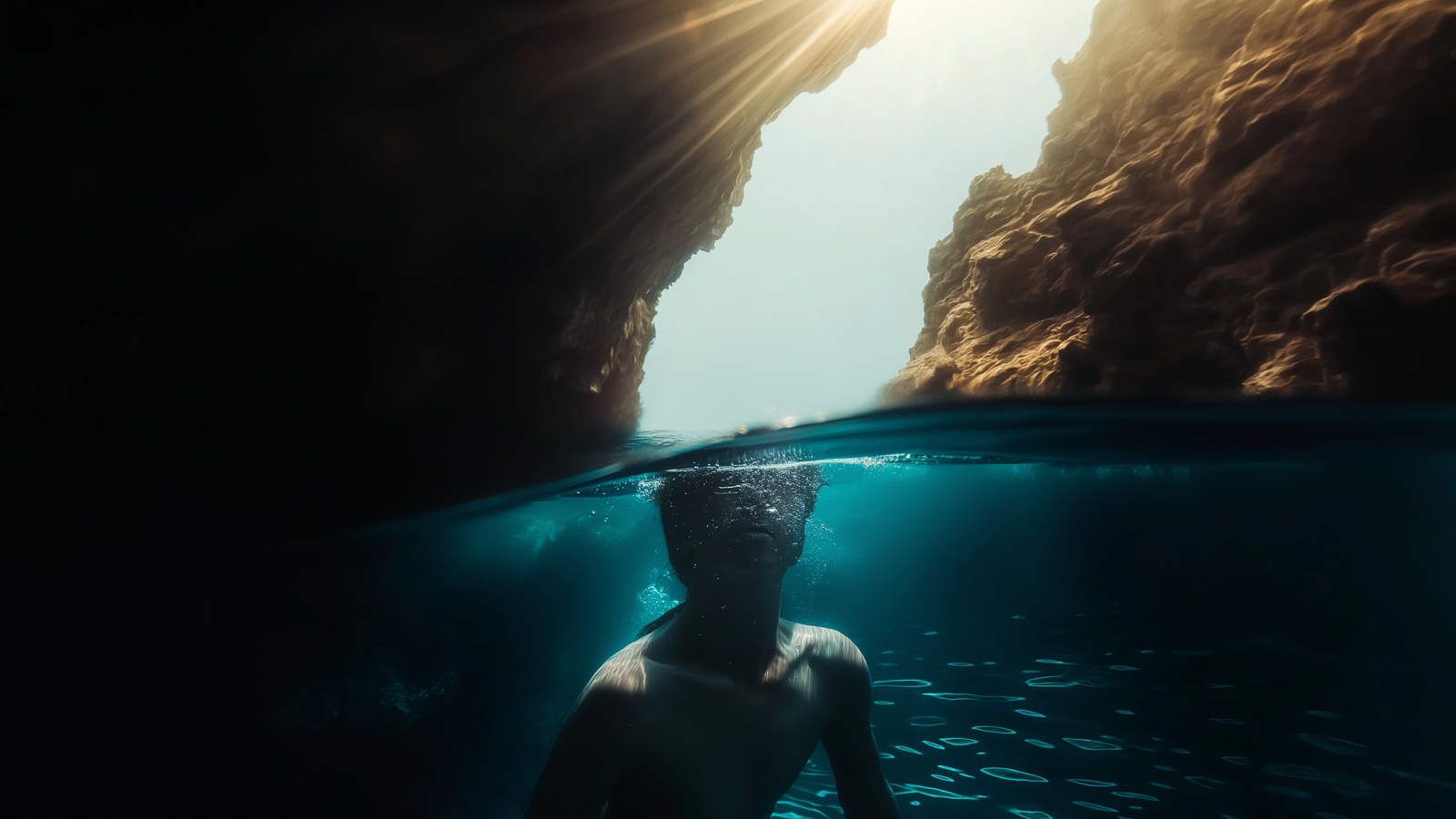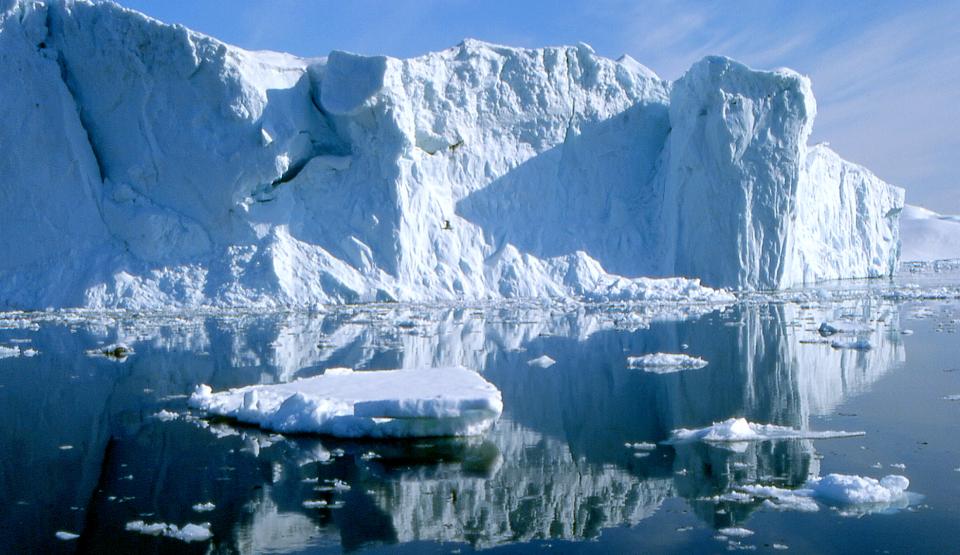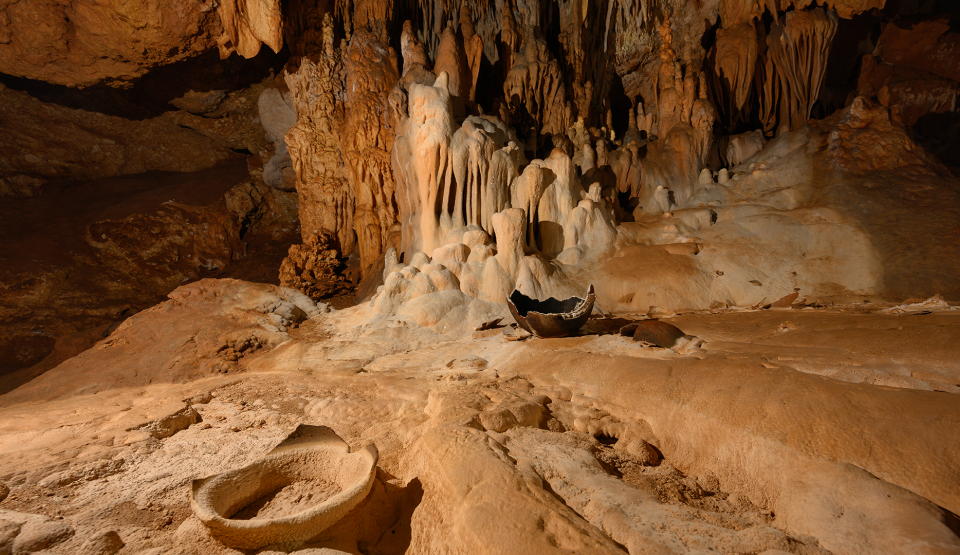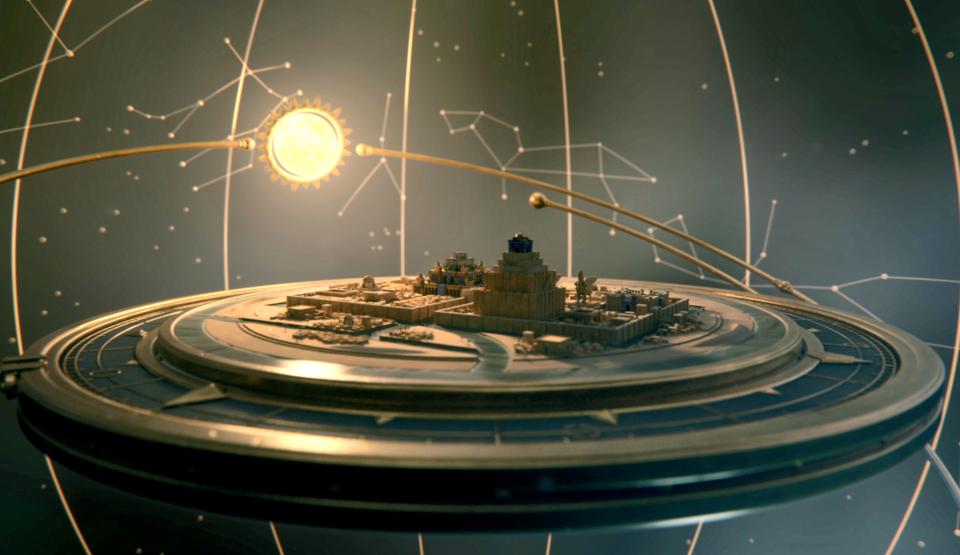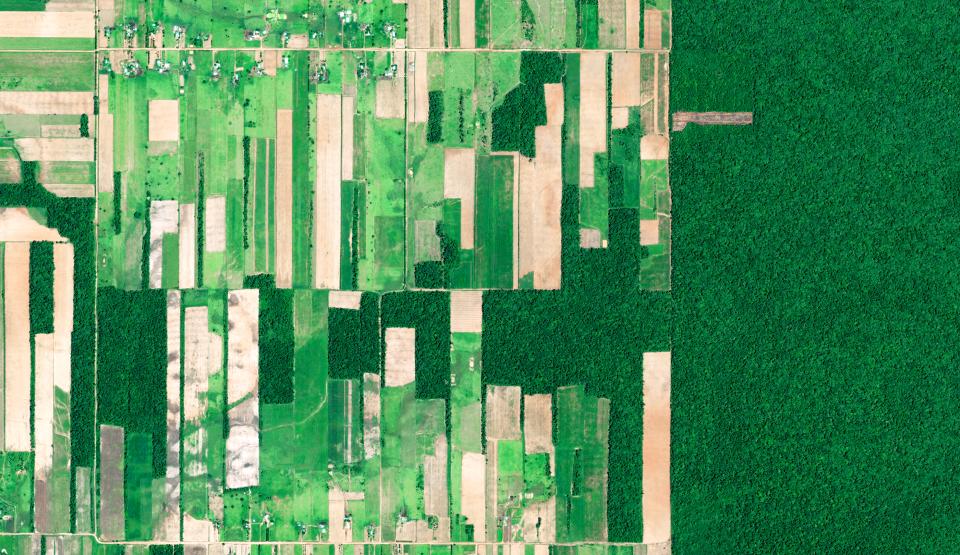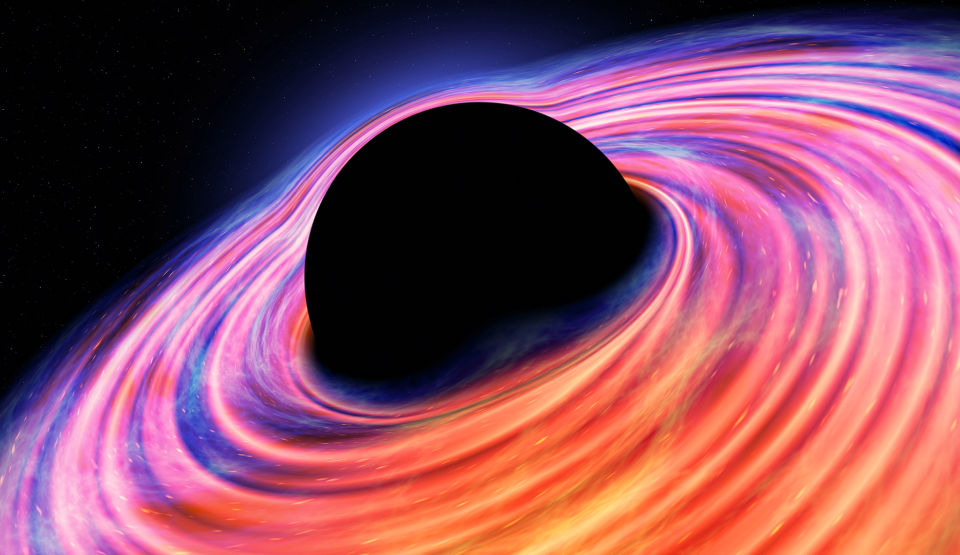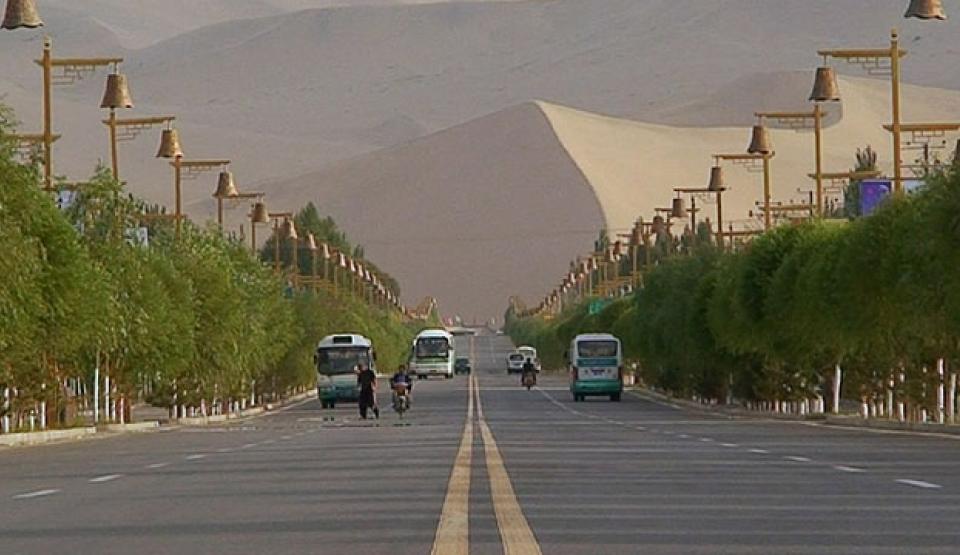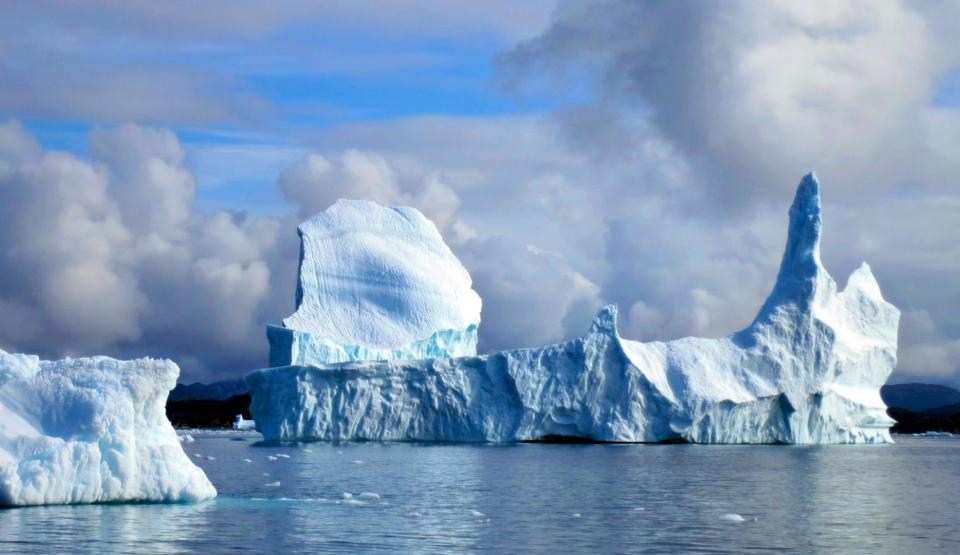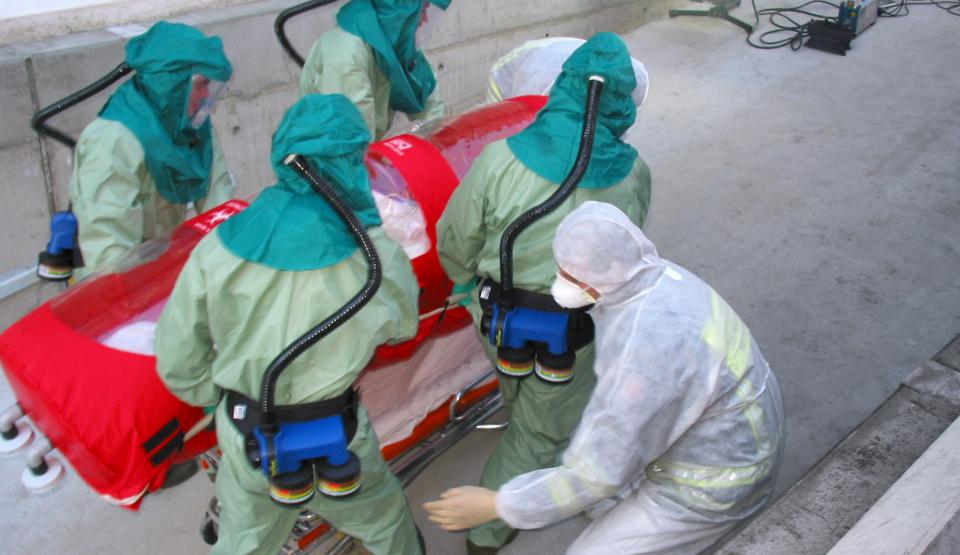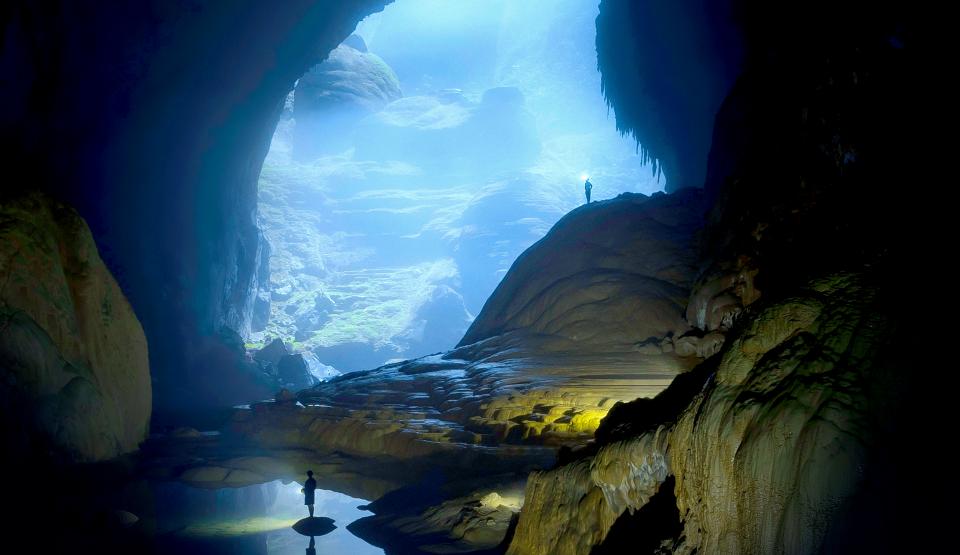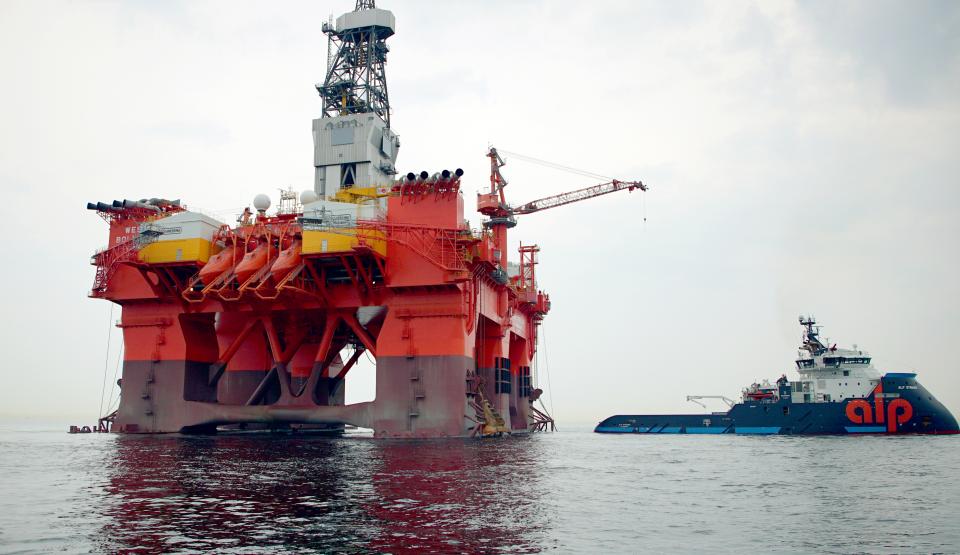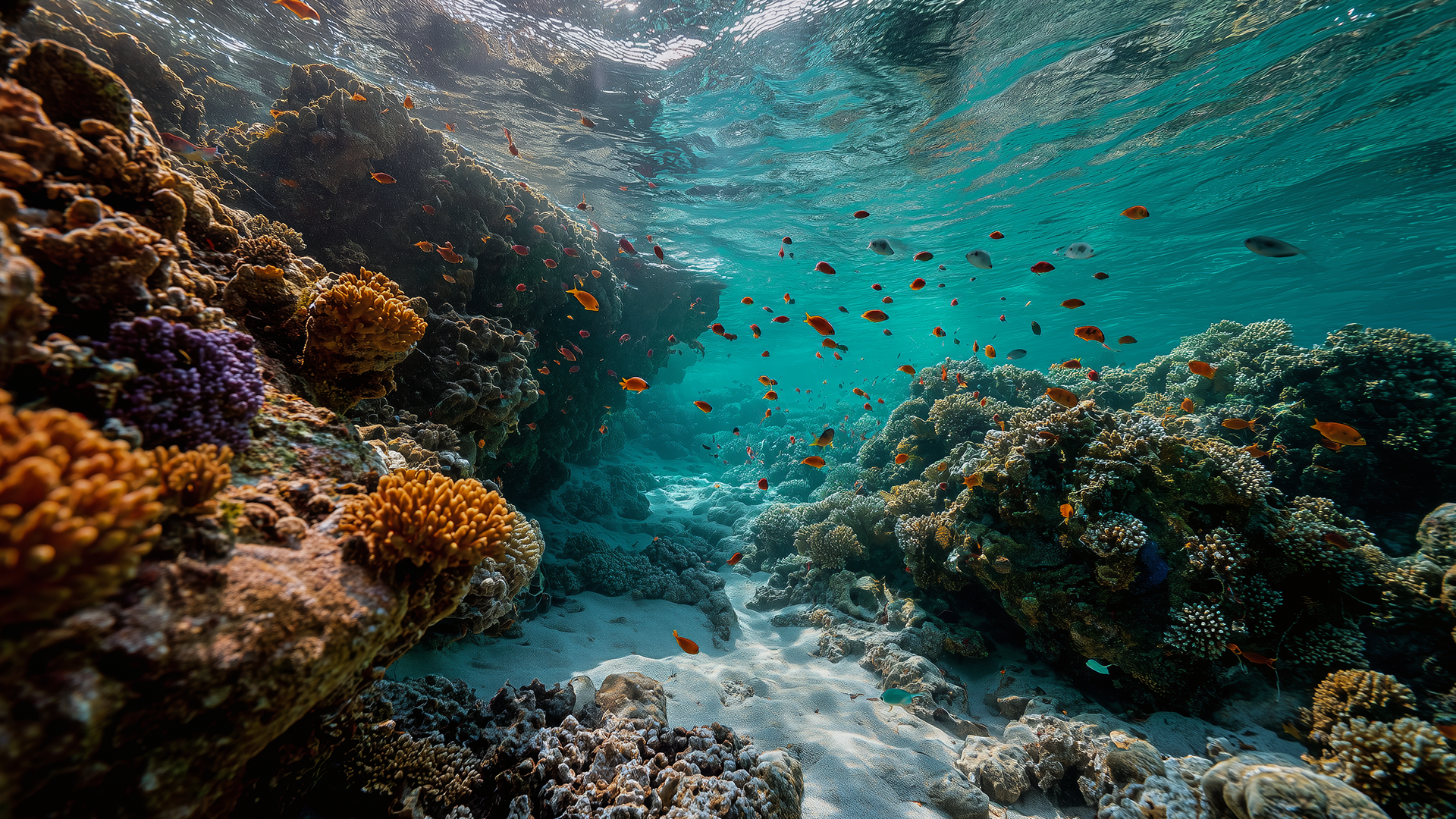
“How strange to call this planet Earth, when it is above all an ocean.”
Sir Arthur C. Clarke, science fiction writer and physicist
The Story of the Oceans is a journey across the seas and through time. A surprising history of the world – told not from the land, but from the water from which all life emerged. Each ocean has its own character, shaped by unique geological, geophysical and climatological characteristics and extraordinary phenomena – from the maelstrom to deep-sea trenches, mangrove coasts, straits, monsoons, and tides. In doing so, each writes a different cultural history, carried by the salt water that flows in the veins of its neighbours.
The series delves into a world that is largely unexplored. Most of the seabed remains unmapped. It is often said that even the surface of the moon is better explored than the underwater world. In fact, just five percent of the deep sea is known. At the same time, cultural-historical research is beginning to recognise the importance of the oceans as a historical marker.
